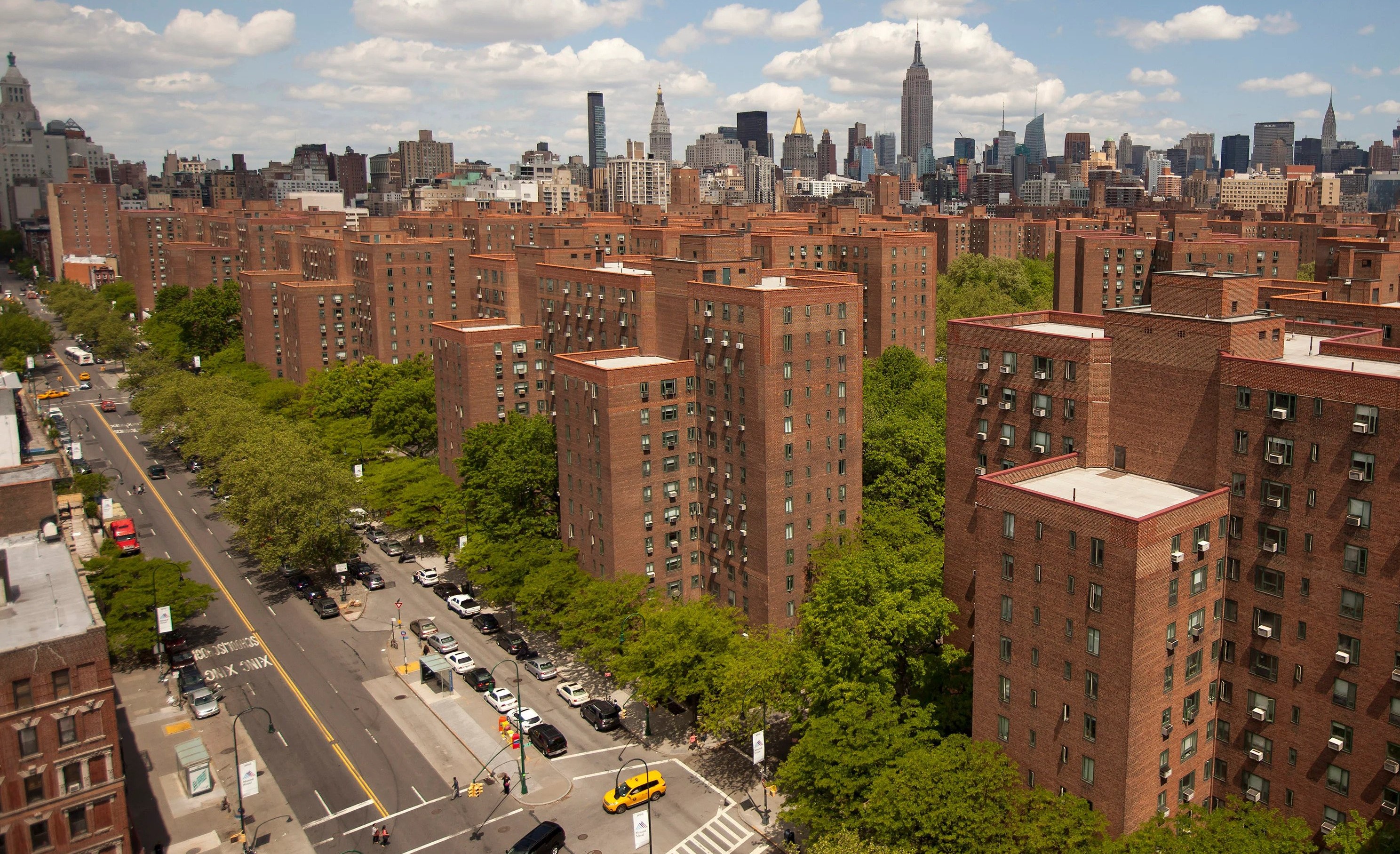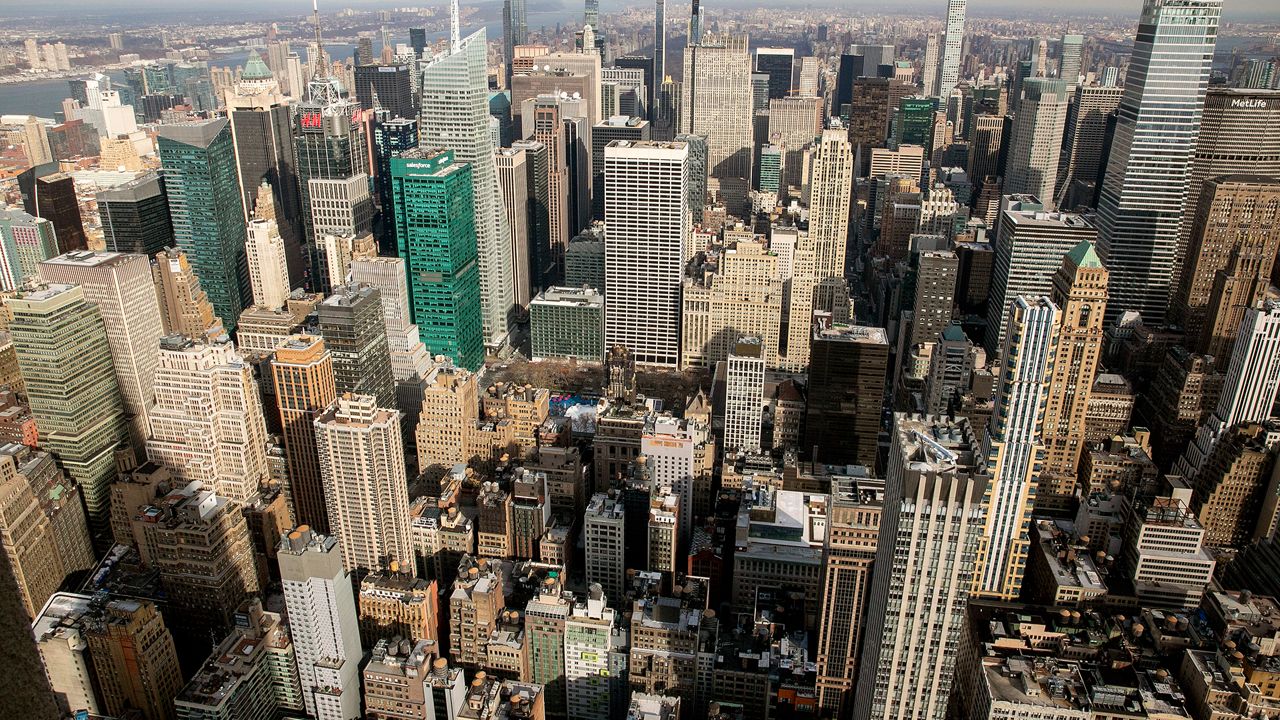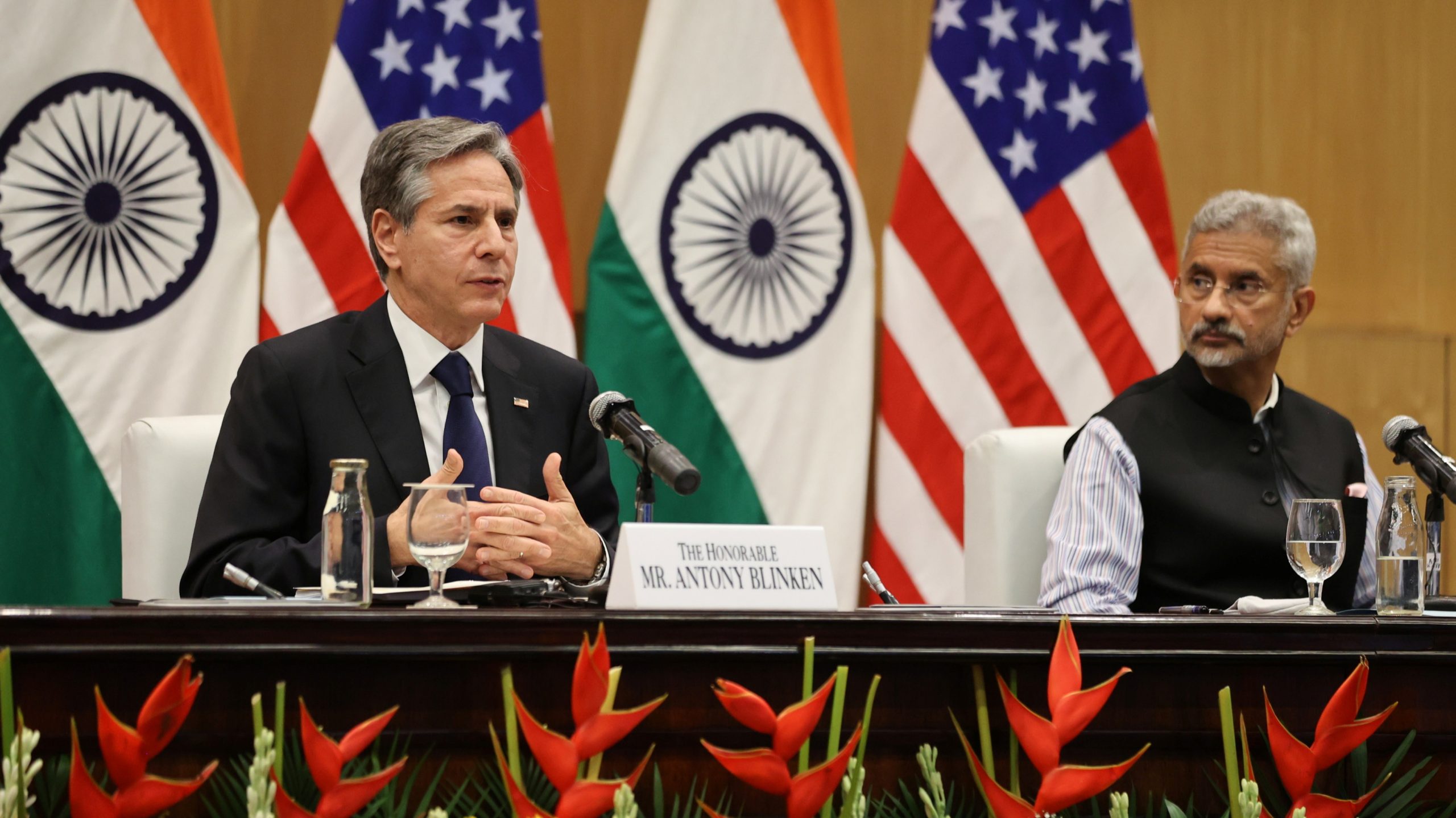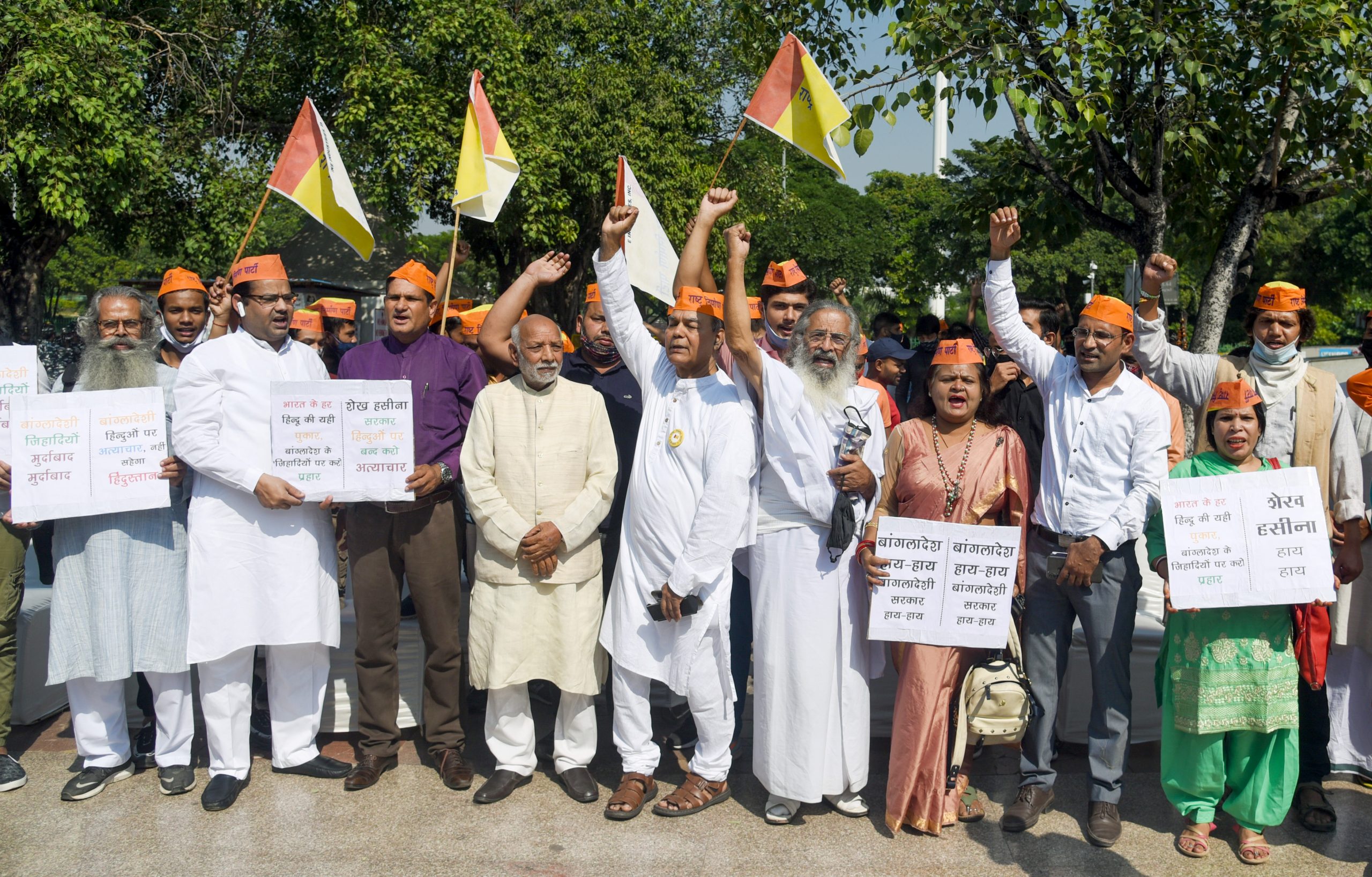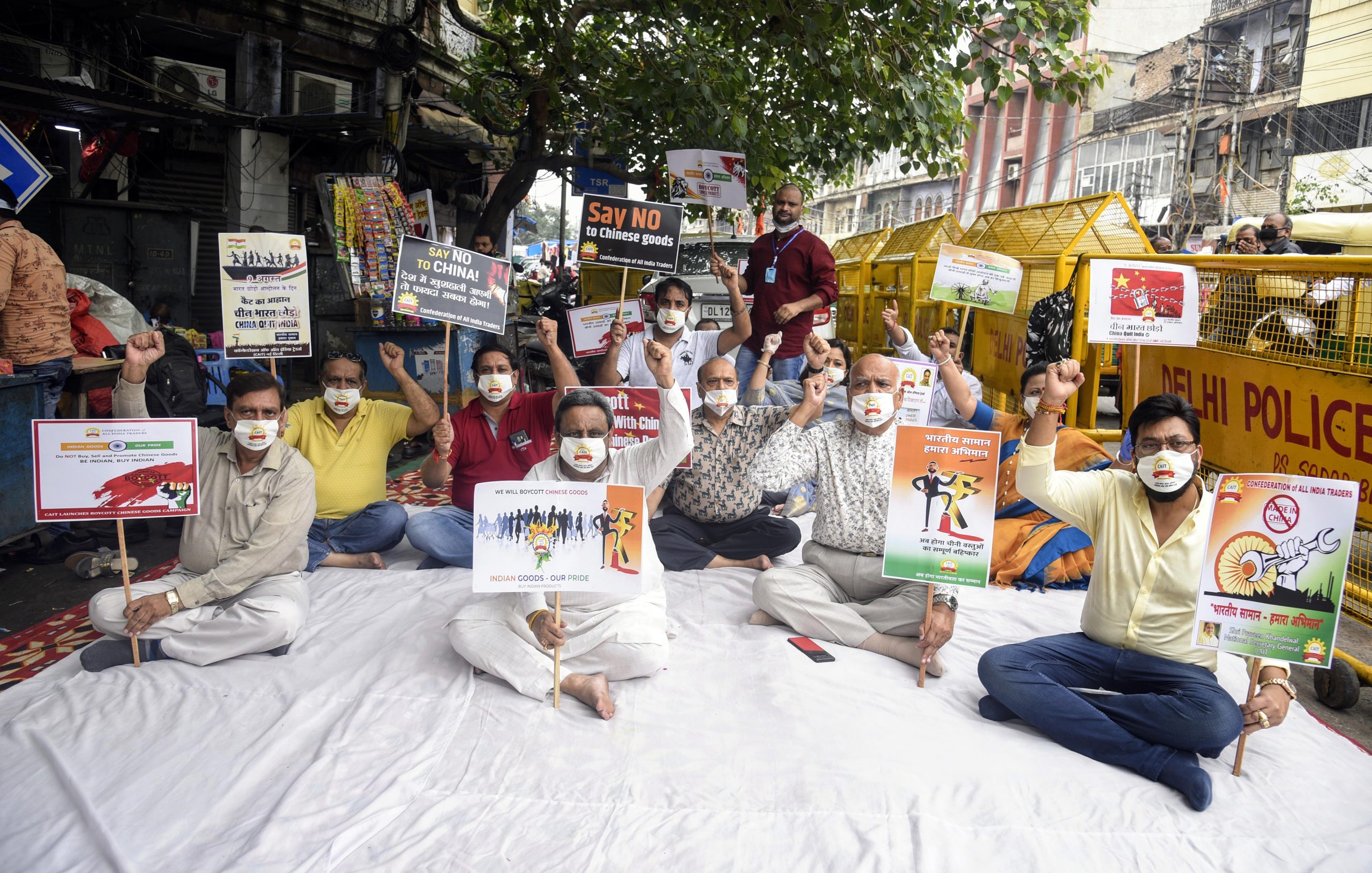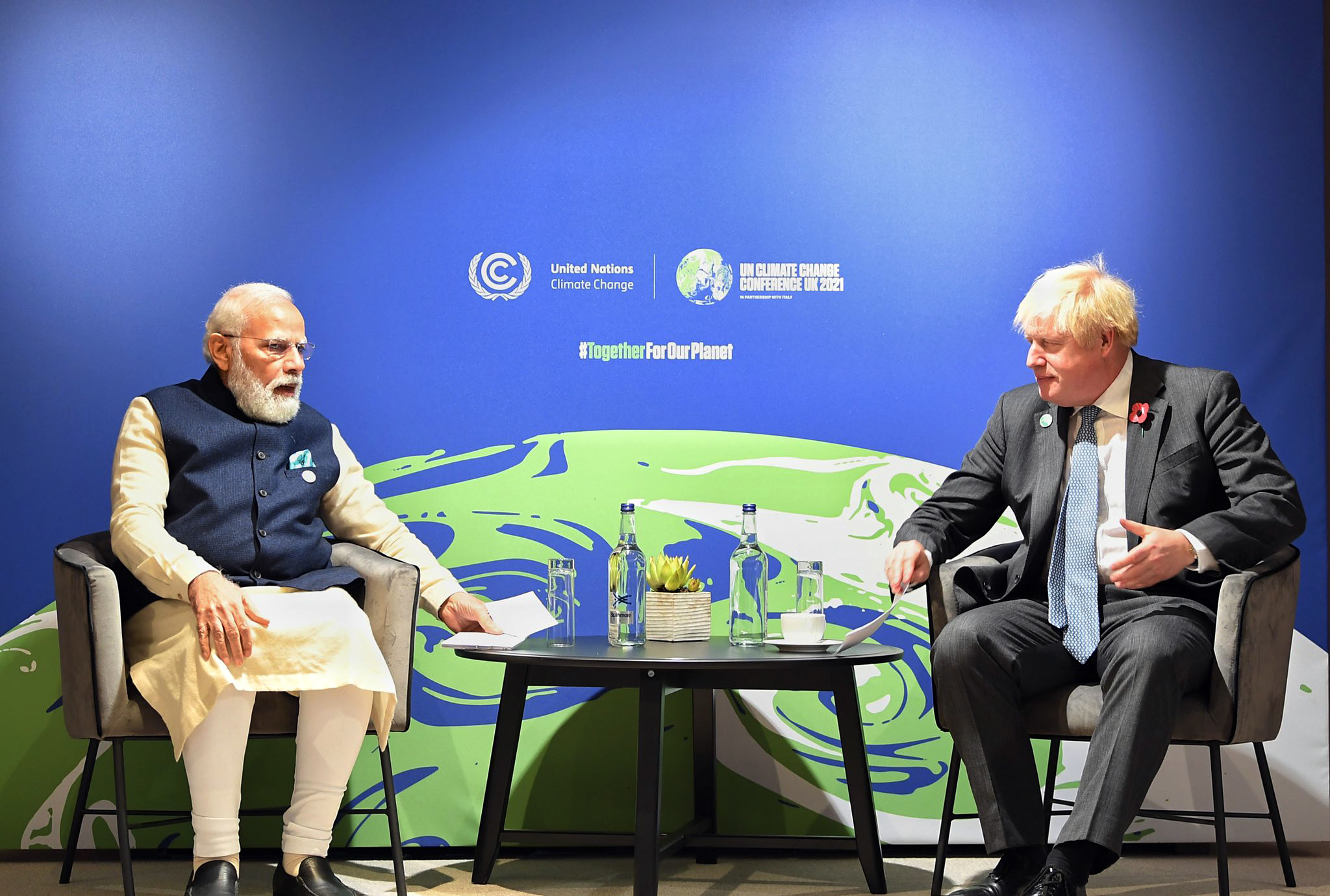Pakistani leadership expected that President Raisi will put the issue of the Iran Pakistan Gas Pipeline on the table for discussion. Pakistan after setting multiple deadlines from 2010 have failed to initiate the project fearing US sanctions as well as due to internal political and economic instability, originally slated for completion in December 2014, whereas Iran has completed its part of the project
Dr. Dhrubajyoti Bhattacharjee
The President of Iran, Dr Seyyed Ebrahim Raisi, made a three-day visit to Pakistan along with a delegation of his cabinet ministers and business persons from April 22 – 24, 2024. During the visit President Raisi met President Asif Ali Zardari, Prime Minister Shehbaz Sharif, Foreign Minister Ishaq Dar and the Chief of Staff of the Pakistan Army, Asim Munir. He also met with the Senate chairman and the National Assembly speaker. He also visited the cities of Karachi and Lahore to meet the country’s provincial leadership.
This maiden visit of President Raisi to Pakistan after the election of the Pakistani Prime Minister Shehbaz Sharif to power remain significant. In the month of January this year, Iran had targeted Jaish ul-Adl terrorist group, 50kms within Pakistani territory in the province of Balochistan by missiles and drones. In retaliation, Pakistan conducted military strikes, targeting alleged Baloch militants (the Baloch Liberation Front) in the city of Saravan in Iran. Both the countries resisted from aggravating the situation any further. This was the first foreign trip made by the Iranian President after such attacks had elevated the level of tension between the two countries.
During the visit, while meeting Prime Minister Shehbaz Sharif, the two sides signed eight agreements and Memorandum of Understandings (MoUs) on a wide range of subjects including on security, judicial assistance and the establishment of a special economic zone (the Rimdan-Gabd Joint Free/Special Zone).
Both Iran and Pakistan share a porous border of more than 900 kms, which is infamous for smuggling, illegal trade and other menaces. The leaderships stated that they were committed to combating terrorism, organized crime, narcotics, and various forms of insecurity. President Raisi stressed the need to use the shared border as an opportunity to create and bring about welfare for the people residing in border areas and regions.
Presently, Iran and Pakistan have a trade volume of US$ 2 billion, which was described as ‘unacceptable’ to President Raisi. He stated that in the forthcoming five years or the first phase, both the countries will enhance trade to US$10 billion. Prime Minister Sharif stated that the friendship between the two countries should act as a catalyst for progress and prosperity which will further lead to economic progress and connectivity.
However, the US State Department stated in a press briefing on April 24, that countries doing business with Iran faced the “potential risk of sanctions”.
Prime Minister Sharif reiterated Pakistan’s position with regard to the ongoing conflict in Gaza. He commended Iran’s stand against Israeli actions in Gaza, calling on the two nations to unite at the Organization of Islamic Countries (OIC) and other international forums alongside fellow Islamic nations to push for a complete ceasefire. However, though Prime Minister Sharif wanted similar support from Iran with regard to Kashmir, President Raisi chose not to mention anything with regard to it. However, in the joint statement, the issue of Kashmir was mentioned as an issue that should be resolved through “peaceful means based on the will of the people”.
While meeting with his Pakistani counterpart, both President Raisi and President Zardari discussed key regional and global developments, particularly the situation in West Asia. President Raisi emphasized further cementing economic, trade and cultural relations between Iran and Pakistan. The two countries emphasized the need to work together to overcome the challenges being faced by the region.
General Asim Munir also called on President Raisi during the visit, emphasizing the need for improved coordination along the Iran Pakistan shared borders to prevent terrorists from jeopardizing the relations between the two neighboring countries. President Raisi also stressed that there is an urgency of fostering cooperation between the two Armed Forces, which would strengthen peace and stability for both nations and the region.
Pakistani leadership expected that President Raisi will put the issue of the Iran Pakistan Gas Pipeline on the table for discussion. Pakistan after setting multiple deadlines from 2010 have failed to initiate the project fearing US sanctions as well as due to internal political and economic instability, originally slated for completion in December 2014, whereas Iran has completed its part of the project.
As per an agreement signed by President Asif Ali Zardari in a previous tenure of Presidency, Pakistan will pay a million dollars fine per month if it fails to complete the project as per set deadline. In January 2024, Tehran reportedly issued a final notice to Islamabad demanding completion of its portion of the pipeline by February-March 2024 or face a penalty under the Gas Sales Purchase Agreement. Presently, the penalty stands around $US19 billion which Pakistan will have to pay, if Iran takes up the issue in an international tribunal.
Keeping in mind the visit of President Raisi, Pakistan began work on the long-delayed pipeline this month. Pakistani authorities have begun initial work on an 80 kms section of the Pakistan-Iran gas pipeline. The Pakistan Inter-State Gas Company (ISGS) has issued tenders to consultants for the re-validation of a survey and Front-End Engineering Design (FEED) for the project. Following the re-validation process, authorities will begin land acquisition and awarding an Engineering, Procurement and Construction (EPC) contract, with the project is expected to be completed in 24 months. Even if the pipeline has been discussed informally, fortunately for Pakistan, the issue did not get reflected in any press release or in any statement issued by the Iranian leadership.
It can be noted here that while President Raisi’s visit was ongoing, Pakistan Muslim League – Nawaz (PML-N) Chairman and former Prime Minister Nawaz Sharif left for China on April 23, 2024 on a five-day private visit along with the Foreign Minister Ishaq Dar. While keeping the visit low profile, PML-N did not disclose Nawaz’s plans during the visit.
Still President Raisi visited Karachi and Lahore to enhance the economic relationship as well as strengthen people to people ties. Though the visit might not bring forth major economic breakthroughs, but it was an effort not only to reduce tensions between the two nations as well as portraying Iran as a dependable and responsible neighbor of Pakistan.
To conclude, the visit of President Raisi to Pakistan did not target attain ground breaking levels of partnership. Rather, it was on the background of meeting the newly elected government, normalizing the situation in the Iran Pakistan borders, finding avenues of enhancing trade. With continuing political and economic instability in Pakistan and lack of political will for any positive change, such bilateral visits will not bring forth any positive change between Iran Pakistan relations.
*****
Dr. Dhrubajyoti Bhattacharjee is a Research Fellow at the Indian Council of World Affairs, New Delhi. The views expressed are personal.
This article first appeared on the website (www.icwa.in) of Indian Council of World Affairs, New Delhi, on May 3, 2024


















